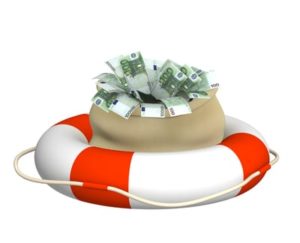One of my goals has been to eat healthier. We have made many changes over the years by eliminating chemicals and not so healthy ingredients in foods we buy. This ye ar I took it a step further to simplify my life. We joined a CSA (Community Supported Agriculture) co-op. You pay a fee to the farmer upfront and you get a share of the crops. Not only are you helping local farmers, but you gain from this.
ar I took it a step further to simplify my life. We joined a CSA (Community Supported Agriculture) co-op. You pay a fee to the farmer upfront and you get a share of the crops. Not only are you helping local farmers, but you gain from this.
If you know me, I want organic, non-GMO vegetables. We found Deep Roots Farm NY is just prefect for us. We now get a half share of whatever the farm has to offer. Yes, we are eating more vegetables. We are trying vegetables that we never have before. I am spending time looking up .ecipes and that’s fun for me.
From a simplification point, I don’t have to buy vegetables in the grocery store anymore. We are getting organic vegetables at a fraction of the cost. Our half share comes out to $20 per week. That’s a bargain compared to what I used to spend and it’s simple. Every Wednesday, we pick up a shopping back full of vegetables and it couldn’t be simpler.

 We unplug the computer and accessories when we are not using them. We have cleaned the back of the fridge to make it run more efficiently. We are doing air drying with the dishwasher cycle. We wash as much laundry as possible in cold water.
We unplug the computer and accessories when we are not using them. We have cleaned the back of the fridge to make it run more efficiently. We are doing air drying with the dishwasher cycle. We wash as much laundry as possible in cold water.

 good or exceptional, did someone go out of there way and do something extra?
good or exceptional, did someone go out of there way and do something extra? With the holidays fat approaching and family gatherings, now is the time to assess your life.
With the holidays fat approaching and family gatherings, now is the time to assess your life.
 t of debt. It’s discusses older American’s, but the step apply to all ages.
t of debt. It’s discusses older American’s, but the step apply to all ages.